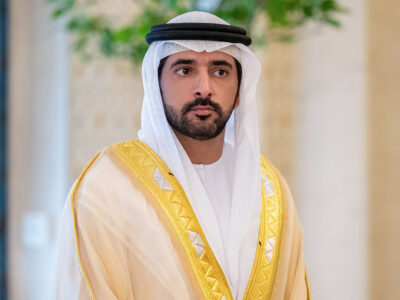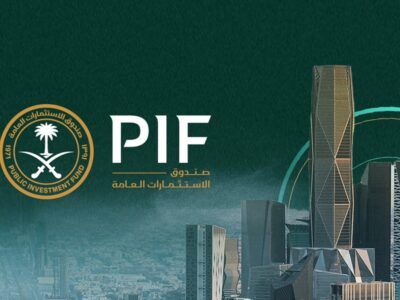UAE has maintained its trajectory of development in 2024, unveiling a series of ambitious initiatives and strategic plans aimed at solidifying its global leadership, enhancing soft power, and driving sustainable governance.
The government’s “Unified UAE Numbers” project marked a milestone in advancing the nation’s statistical capabilities, WAM reported.
Designed to enhance decision-making through robust data analytics, the initiative involves collaboration between federal and local entities to propel economic, demographic, social, and environmental progress.
In a bid to empower the next generation of leaders, the “Young Government Leaders Programme 2024” was launched during the UAE Government’s Annual Meetings. The programme underscores the country’s commitment to nurturing young talent for roles in public service.
On the economic front, the UAE revealed the “National Investment Strategy 2031,” targeting a doubling of cumulative foreign direct investment (FDI) between 2025 and 2031.
The strategy aims to increase FDI’s contribution to the national economy from the current 15 per cent to 30 per cent, with a target of AED 1.3 trillion in FDI stock and AED 2.2 trillion in cumulative FDI balance by 2031.
In the agricultural sector, the “Plant the Emirates” initiative was introduced to bolster sustainable food security through innovative agricultural practices.
As part of the “Zero Government Bureaucracy Programme,” the “Work Bundle” initiative was launched to streamline residency and work permit processes for private sector employees.
Initially rolled out in Dubai, the programme is expected to save 62 million workdays annually by reducing bureaucratic procedures, minimising visits to government offices, and lowering operational costs for businesses.
In the fight against narcotics, the Cabinet approved the National Anti-Drugs Strategy (2024-2031), a comprehensive roadmap aimed at achieving a drug-free UAE by 2031.
The National Youth Agenda 2031 was also introduced, focusing on preparing at least 100 Emirati youth to represent the UAE in global organisations and forums. It aims to foster strategic partnerships in science and technology, ensure full employment opportunities, and enhance the quality of life for young Emiratis.
Further bolstering its commitment to sustainability, the UAE launched the “Blue Residency,” a long-term residency programme for individuals with exceptional contributions to environmental and sustainability initiatives.
In an effort to enhance Emiratisation, federal government job appointments now prioritise citizens with at least three years of private-sector experience, aligning with broader national employment goals.
The UAE also reinforced its stance against financial crimes by unveiling the 2024-2027 National Strategy for Anti-Money Laundering and Countering the Financing of Terrorism.
A high-level science and technology policy was introduced to address critical areas such as energy transition, cybersecurity, health, food security, water resources, and manufacturing.
Finally, the “Riyada” fund was launched with AED 300 million in incentives to encourage graduates to pursue entrepreneurship, further strengthening the UAE’s innovation ecosystem.





